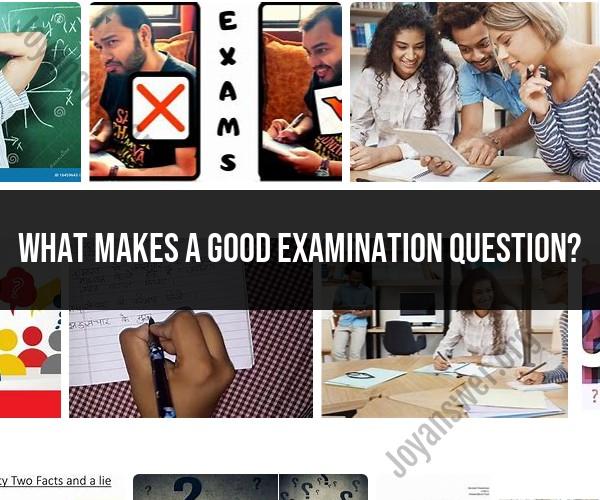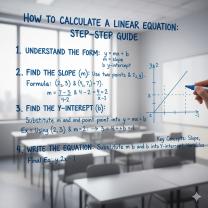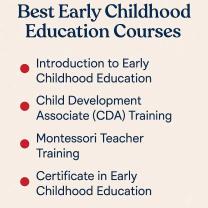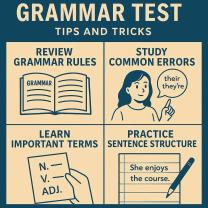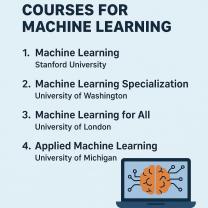What makes a good examination question?
Crafting effective examination questions is crucial for accurately assessing students' knowledge and understanding of a subject. Good examination questions should be clear, fair, and aligned with the learning objectives of the course. Here are some guidelines and tips for creating good examination questions:
Clearly Stated Learning Objectives:
- Start by identifying the specific learning objectives or outcomes you want to assess. Ensure that each question is directly related to these objectives.
Clarity and Precision:
- Write questions that are clear, concise, and free from ambiguity. Avoid using jargon or complex language that might confuse students.
Single Concept or Skill:
- Each question should assess a single concept, skill, or idea. Avoid combining multiple concepts in a single question.
Vary Question Types:
- Use a variety of question types to assess different levels of cognitive skills, including multiple-choice, true/false, short answer, essay, and problem-solving questions.
Avoid Tricky Questions:
- Questions should not be designed to trick or confuse students. Ensure that the correct answer is clear and logical.
Avoid Negative Wording:
- Avoid negatively worded questions or double negatives, as they can lead to confusion.
Balance Difficulty:
- Include questions of varying difficulty levels. Some questions should be relatively easy, while others should challenge students' deeper understanding.
Use Real-World Scenarios:
- Whenever possible, frame questions in real-world scenarios or situations relevant to the course material.
Provide Context:
- If a question requires context or background information, include it in the question or provide a brief introduction.
Avoid Leading Questions:
- Questions should not lead students toward a particular answer. They should be neutral and unbiased.
Include All Relevant Information:
- Ensure that all necessary information is provided within the question. If using a reading passage, make sure it contains all the details needed to answer the associated questions.
Use Consistent Terminology:
- Be consistent in your use of terminology and definitions throughout the exam.
Balance Coverage:
- Distribute questions evenly across the topics or sections covered in the course to ensure a fair assessment.
Avoid Overloading Questions:
- Keep questions concise and avoid including extraneous information or options.
Test Higher-Order Thinking:
- Include questions that require critical thinking, analysis, application, synthesis, or evaluation, in addition to basic recall questions.
Test Application:
- Whenever possible, create questions that require students to apply their knowledge to solve problems or make decisions.
Assess Multiple Learning Dimensions:
- Assess not only factual knowledge but also conceptual understanding, problem-solving ability, and the ability to apply principles to new situations.
Practice Fair Assessment:
- Ensure that the assessment is fair to all students, regardless of their background or prior knowledge.
Pilot Test Questions:
- Before using questions on an actual exam, pilot test them with a small group of students to identify any issues with clarity or difficulty.
Review and Edit:
- Carefully review and edit your exam questions to eliminate errors and improve clarity.
Consider Time Constraints:
- Keep in mind the time available for the exam and the time required to answer each question. Ensure that the exam can be completed within the allotted time.
Offer Clear Instructions:
- Provide clear instructions to students regarding how to answer each question and any specific requirements for formatting or presentation.
Consider Student Feedback:
- After the exam, gather feedback from students to identify any issues with the questions and improve future assessments.
Remember that the primary goal of examination questions is to assess students' understanding and knowledge. Well-crafted questions contribute to fair and accurate assessments while supporting student learning and engagement.
Guidelines for Writing Effective Exam Questions
Effective exam questions are clear, concise, and fair. They should assess the student's knowledge of the material in a comprehensive and accurate way. Here are some guidelines for writing effective exam questions:
- Make sure the question is clear and concise. The student should be able to understand what is being asked without having to guess or interpret the question.
- Avoid using double negatives or ambiguous language. The question should be easy to understand and should have a single correct answer.
- Ask questions that require the student to think critically and apply their knowledge. Avoid asking questions that can be answered simply by memorizing facts.
- Make sure the question is relevant to the course material. The question should test the student's knowledge of the material that has been covered in class.
- Avoid making the question too difficult or too easy. The question should be challenging but achievable for the average student.
Assessing Knowledge with Well-Designed Test Questions
Well-designed test questions can be used to assess a student's knowledge of a particular subject area. The questions should be clear, concise, and fair. They should also be relevant to the course material and should test the student's ability to think critically and apply their knowledge.
Here are some tips for assessing knowledge with well-designed test questions:
- Use a variety of question types. This will help to ensure that the test is comprehensive and that it assesses the student's knowledge in a variety of ways.
- Make sure the questions are aligned with the learning objectives of the course. The questions should test the student's knowledge of the material that they have been taught.
- Use clear and concise language. The questions should be easy to understand and should have a single correct answer.
- Avoid using double negatives or ambiguous language. This can make the questions confusing for the student and can lead to incorrect answers.
- Pilot the questions before using them on a test. This will help to identify any potential problems with the questions and to ensure that they are clear and fair.
Principles of Constructing Quality Multiple Choice Questions
Multiple choice questions are a popular type of test question because they are easy to grade and can be used to assess a wide range of knowledge. However, it is important to construct multiple choice questions carefully in order to ensure that they are fair and accurate.
Here are some principles of constructing quality multiple choice questions:
- Make sure the stem of the question is clear and concise. The stem of the question is the part of the question that asks the student what they need to answer. It should be easy to understand and should have a single correct answer.
- Write answer choices that are plausible. The answer choices should be plausible, but only one answer choice should be the correct answer.
- Avoid using "all of the above" or "none of the above" answer choices. These answer choices can make it too easy for students to guess the correct answer.
- Pilot the questions before using them on a test. This will help to identify any potential problems with the questions and to ensure that they are clear and fair.
By following these guidelines, you can write effective exam questions that will accurately assess your students' knowledge.
